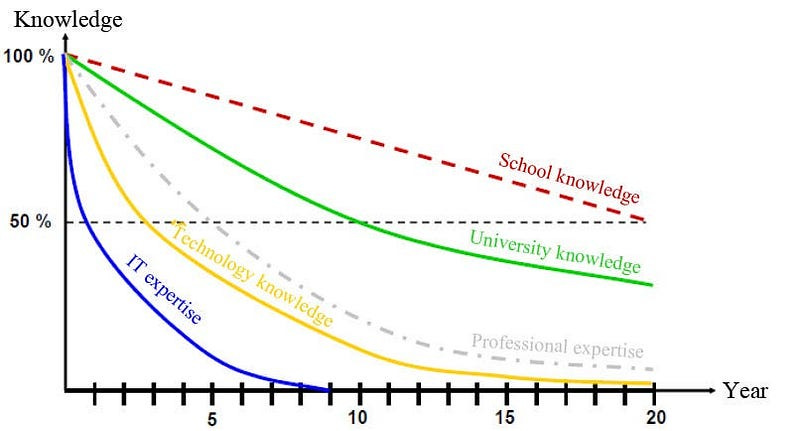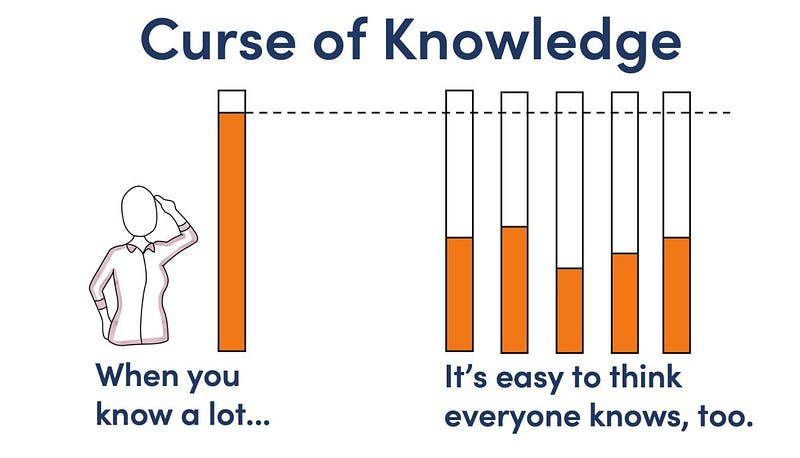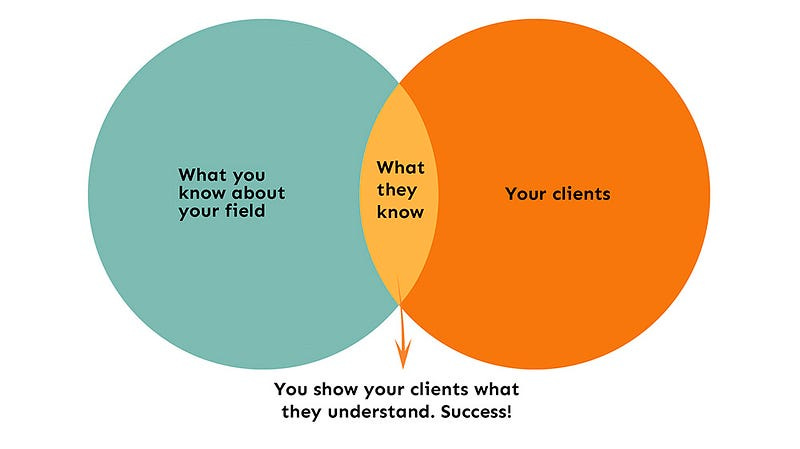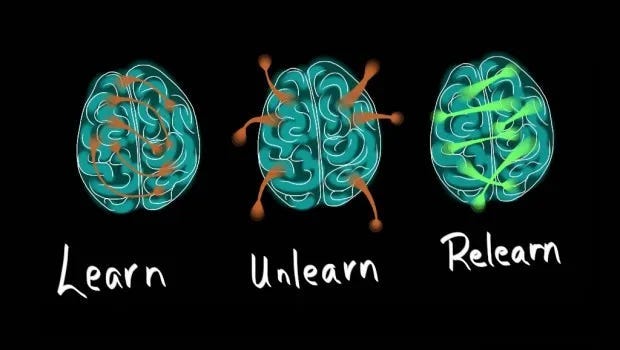The only SKILL you NEED In 21st Century!
The only skill that will be important in the 21st century is the skill of learning new skills
If you find this content valuable, please consider subscribing to our newsletter. You’ll receive more insights like this directly in your inbox. You can also support me by buying me a coffee
The world is changing at a pace that would make our grandparents’ heads spin. The skills you armed yourself with back in school? They’ve got a shorter shelf life than a pint of milk these days.
Reality check: When’s the last time you had to use trigonometry in your day-to-day life? Odds are, you can’t even remember.
But you know what ability never goes stale? Learning how to learn.
“The illiterate of the 21st century will not be those who cannot read and write, but those who cannot learn, unlearn, and relearn.” — Alvin Toffler
The Half-Life of Knowledge

Pause for a moment and consider the staggering pace at which knowledge evolves. Studies suggest that the half-life of a university degree — the time it takes for half of the knowledge taught to become outdated — is a mere five years. Entire industries are being disrupted and reshaped by emerging technologies, rendering traditional skillsets increasingly irrelevant.
Yet, amidst this chaos, a fundamental truth emerges: the ability to adapt and acquire new knowledge is the most valuable currency in the 21st century. Those who cling to outdated skills are destined to be left behind, while those who accept lifelong learning will thrive.
The Curse of Expertise
Ironically, the very expertise we’ve spent years cultivating can become a double-edged sword. As experts, we become entrenched in our ways, resistant to change, and blind to new perspectives. It’s a phenomenon known as the “Curse of Knowledge,” where our familiarity with a subject makes it challenging to see it through a beginner’s eyes.
Consider the plight of experienced writers grappling with the advent of AI-generated content.
Or the seasoned coders struggling to adapt to ever-evolving programming paradigms.
The antidote? Humility and a beginner’s mindset. We must cultivate the courage to admit when our knowledge is incomplete and the willingness to approach new domains with the curiosity of a novice.
The Art of Unlearning
Learning is not a linear process; it’s a constant cycle of acquiring, integrating, and discarding knowledge. The true challenge is in unlearning — shedding the outdated beliefs and assumptions that hinder our growth.
“It is not the strongest of the species that survives, nor the most intelligent; it is the one that is most adaptable to change.” — Charles Darwin
Unlearning requires us to confront our biases, question our deeply held convictions, and let go of the familiar. It’s an exercise in intellectual humility, acknowledging that our current understanding is incomplete and subject to revision.
Recall the paradigm shift from geocentric to heliocentric models of the universe — a testament to the power of unlearning.
Or the revolution in our understanding of quantum mechanics, defying our classical notions of reality.
The Lifelong Learner’s Mindset
We need to get systematic about constantly:
Upgrading our core capabilities
Putting away outdated mental models
Integrating new skills from cross-disciplines
This isn’t a cramming session before finals. It’s a perpetual marathon where you need to embody a “machete mindset” — constantly clearing new pathways while discarding dead branches.
Brain Hacking for Accelerated Learning
Look, we all know how aggressively our attention gets shredded these days. Shiny object syndrome on a planetary scale, am I right?
So we have to get strategic about being “learn-o-holics.” Here are a few brain hacks to install accelerated learning capabilities:
Exploit peak cognitive windows: Are you a morning person or a night owl? Figure out your unique cycles of peak productivity and block serious learning for those power periods.
Leverage multiple codes: Reading isn’t enough anymore. You need to complement it with visual coding, audio resonance, and kinesthetics. The more mental representations you build, the stickier the learning.
Space out your repetitions: That archaic”binge and purge” approach is wasting your time. Space out your practice over longer intervals and exponentially increase retention.
ABC: Always Be Contextualizing: Don’t view new concepts in isolation. Constantly tie them back into your existing knowledge frameworks to solidify comprehension.
The Meta-Skill Multiplier
Here’s the core mindset shift that makes all the difference:
Don’t just learn for the sake of accumulating knowledge. Level up your learning strength itself.
In any given domain, the capped level of expertise you could possibly achieve is limited by the finite lifespan of that field’s relevancy.
But pouring effort into becoming a skilled learner creates a multiplicative effect. The better you can rapidly absorb and create new tools, the higher your ceiling for adaptation. It’s a compounding capability.
So whenever you embark on learning a new discipline, be conscious of not just the subject matter itself, but of:
Refining your ability to rapidly deconstruct fields
Upgrading mental models for integrating multi-disciplinary insights
Turbocharging your brain’s cognitive processors
The Future Belongs to the Adaptive
The skills we acquire today will inevitably become outdated, but the capacity to learn, unlearn, and relearn will remain our greatest asset.
“The only thing that is constant is change.” — Heraclitus
Imagine a world where professionals seamlessly transition between careers, adapting their skillsets to the ever-evolving demands of the job market. Where businesses thrive not by clinging to outdated models, but by continuously reinventing themselves. A world where curiosity and intellectual agility are the hallmarks of success.
For in a world of constant change, the only true constant is our commitment to growth and adaptability.








